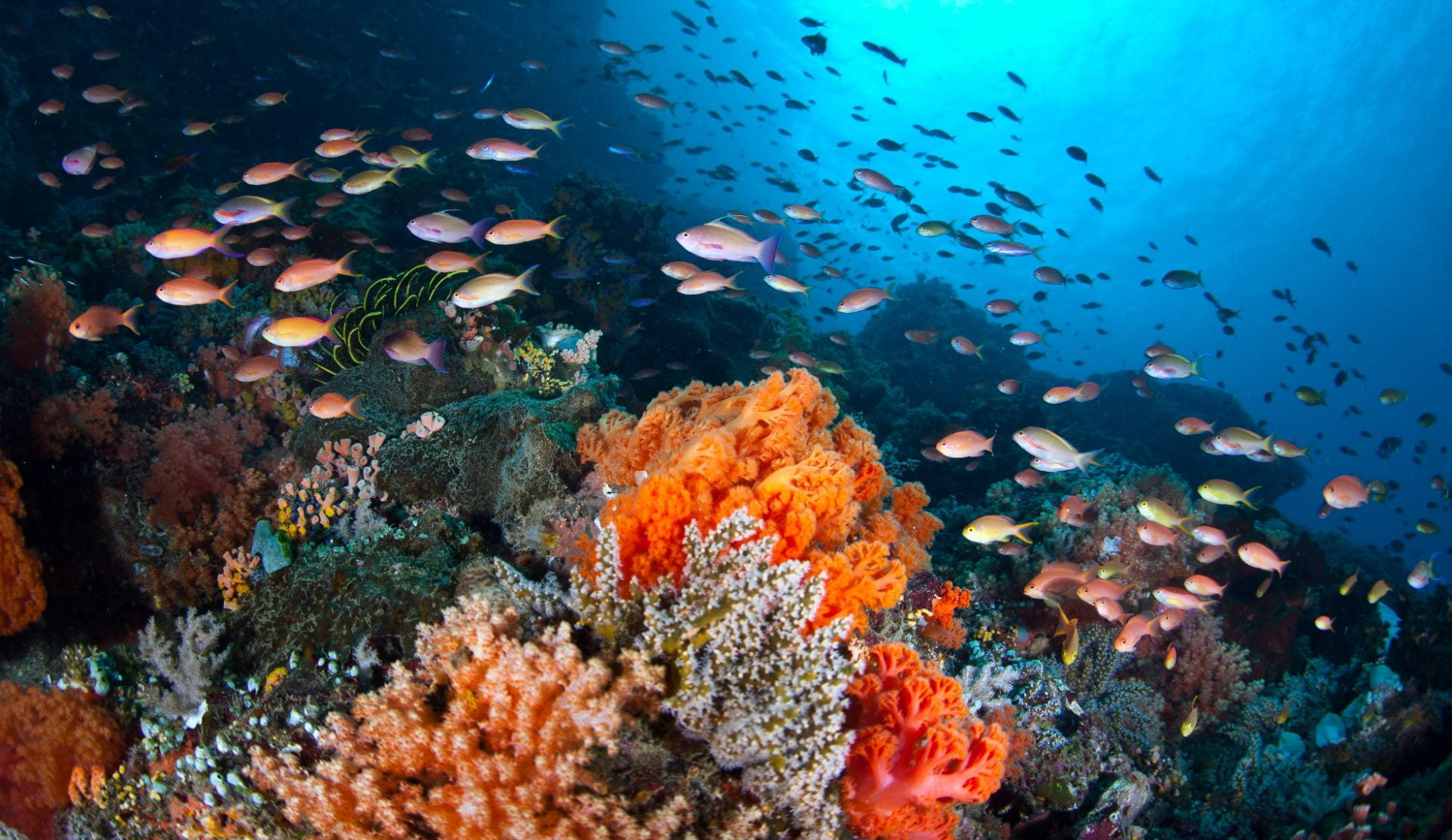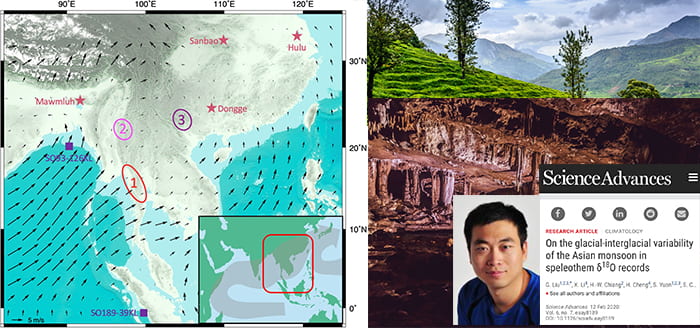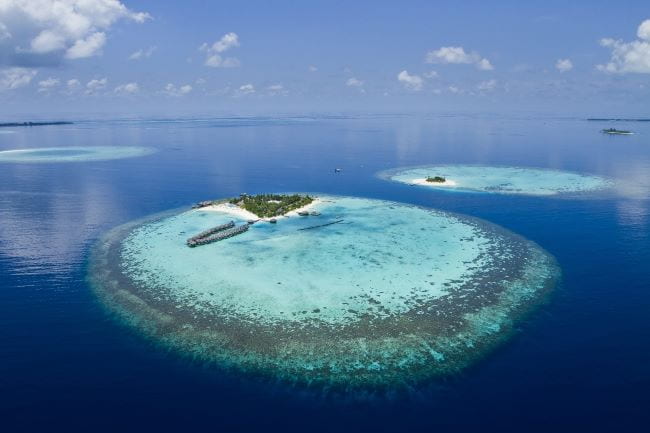Climate change and warming oceans are major threats to coral reefs and can cause widespread coral bleaching. As coral scientists and conservationists work against the clock to restore and preserve coral reefs, new research has revealed some corals have a secret to help them tolerate climate change.
ASE Chair Prof Benjamin Horton Elected To International Climate Panel
Professor Benjamin Horton, Chair of ASE, has been elected to serve as a member of World Climate Research Programme’s Grand Challenge of Climate and Ocean: Variability, Predictability and Change (CLIVAR).
The importance of understanding climate change: CNA commentary by ASE Assoc Prof Adam Switzer
The year 2019 concluded a decade of consistently rising global temperatures, rapidly retreating ice sheets, and record sea levels – all driven by greenhouse gases produced for the most part by human activities.
Mystery of the Asian monsoon’s historic unresponsiveness to glaciation in East Asia set straight in new study from ASE/EOS
The Asian monsoon is the world’s largest weather system and affects the lives and livelihoods of about half the world’s population. Current human-induced climate change is affecting the Asian monsoon and causing it to change in various ways, with potentially huge socioeconomic consequences.
Tropical Indian Ocean sea level historically much more sensitive to climate change than the Pacific and Atlantic
The sea-level of the Indian Ocean is rising at a rate and magnitude nearly twice the global average, but insufficient data records have stood in the way of understanding this strong response to climate. In a study recently published in Nature Geoscience, ASE/EOS researchers Dr Kyle Morgan, Research Assistant Ke Lin, A/P Xianfeng Wang and Keven Roy together with colleagues from Canada, Australia and New Zealand tracked relative sea level change on coral atoll islands in the Maldives over the past two millennia.





